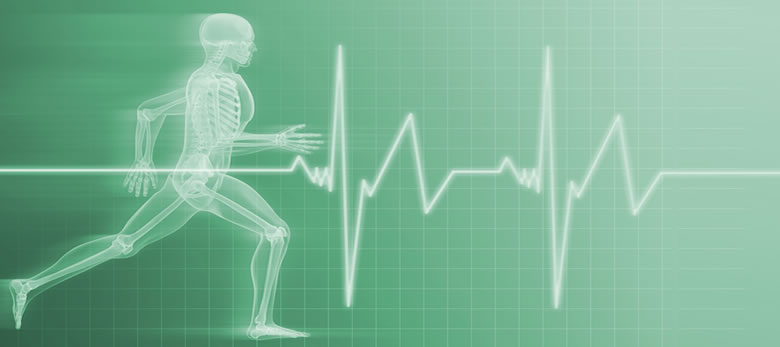Medical Sciences
Fribourg profile
The department of Medicine offers doctoral programmes in various domains of the biomedical research. Students are affiliated to one of the research groups of our Department and in addition may attend an organized programme of lectures, seminars and other activities. See for example: BeNeFRi Program Neuroscience and ProDoc project Cell migration supported by Swissuniversities.
The research groups of the department of Medicine are organised in 3 research clusters:
- Neurosciences
- Cardiovascular, metabolism & endocrinology
- Cancer, immunology & microbiology
All details concerning the present research activities of each group, the available PhD positions and the contact addresses can be found in the websites of each group (see Contact) and in the Scientific Report of the Department of Medicine, which is published every two years (actual: 2013/2014).
Research groups list
Cluster Neurosciences
- Laboratory for cognitive and neurological sciences
Prof. J.-M. Annoni, Dr. L. Spierer - Perception and control of movement
Prof. J.-P. Bresciani - Brain circuits for positive emotions
Prof. M. Celio - Neurophysiology of cognitive and emotional functions as well as decision-taking in normal subjects and psychiatric patients
Prof. M. Merlo - Visual cognition laboratory
Prof. G. Rainer - Laboratory of neurophysiology of action and hearing
Prof. E.M. Rouiller - Calcium signalling in health and disease
Prof. B. Schwaller - Motor control and motor learning
Prof. W. Taube
Cluster Cardiovascular, Metabolism and Endocrinology
- Translational and clinical cardiology
Profs. S. Cook and M. Togni, Dr. M.-N. Giraud - Nutritional energetics and body composition regulation
Prof. A. Dulloo - Molecular oxygen physiology
Prof. D. Hoogewijs - Molecular endocrinology
Prof. A. Lauber-Biason - Cardiovascular and metabolic physiology
Prof. J.-P. Montani - The importance of renal proximal tubular function
Prof. F. Theilig - Cardiovascular and aging research
Prof. Z. Yang
Cluster Cancer, Immunology and Microbiology
- Cell biology, immunology and clinical anatomy
Prof. L. Filgueira - Molecular mechanisms of hypoxia signalling
Prof. D. Hoogewijs - Molecular and medical microbiology: emerging antibiotic resistance unit
Prof. P. Nordmann - Experimental and translational oncology
Prof. C. Rüegg
Studies organisation
Structure of studies
ECTS credits can be earned.
Doctoral school
http://studies.unifr.ch/go/phd-benefri-neuroscience
http://studies.unifr.ch/go/phd-cell-migration
Admission
In order to be admitted to a doctorate the candidate must have been awarded an academic Bachelor's and Master's degree or an equivalent qualification by a university recognised by the University of Fribourg.
Before applying for a doctorate the candidate must contact a professor who would be willing to supervise the thesis work.
There is no general right to be admitted to a doctorate.
The respective conditions of admission for each doctoral study programme are reserved.



